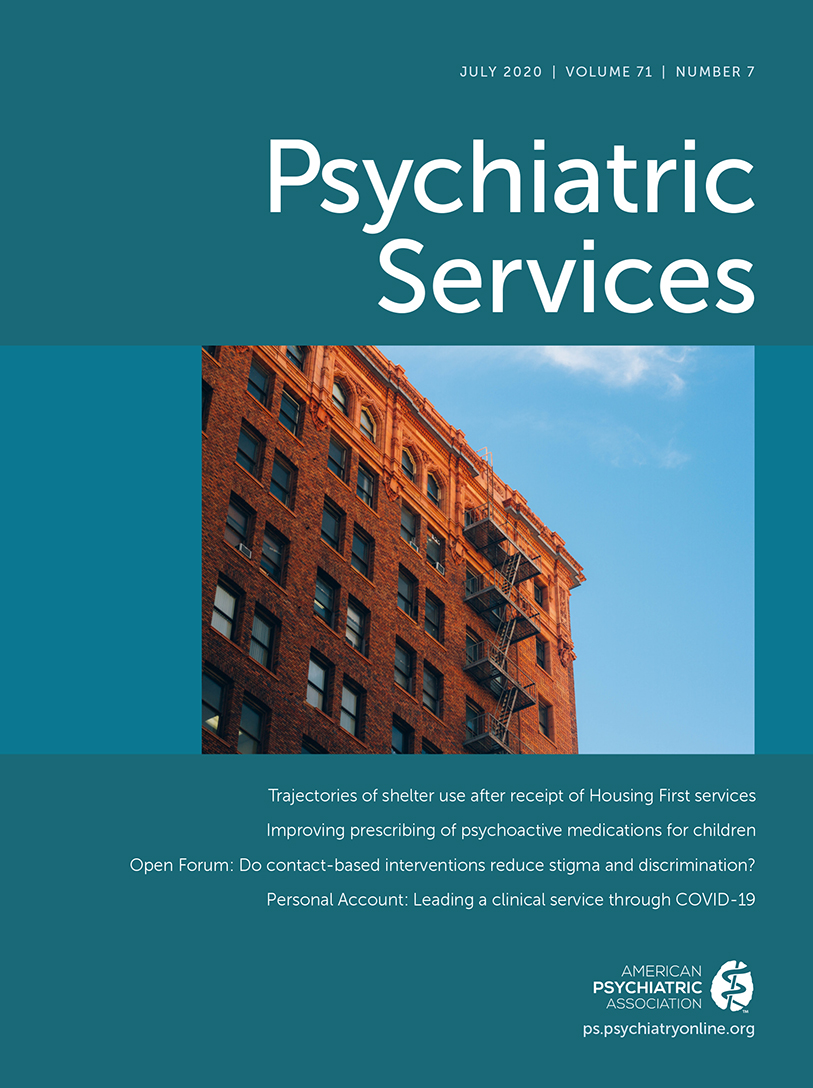Improved Glycemic Control in Adults With Serious Mental Illness and Diabetes With a Behavioral and Educational Intervention
Abstract
Objective:
The purpose of this study was to evaluate a 16-week, reverse–integrated care (bringing primary care interventions/services into the psychiatric setting) behavioral and educational group intervention for individuals with serious mental illness and diabetes.
Methods:
The primary outcome was change in glycated hemoglobin (HbA1c). Secondary outcomes included body mass index (BMI), blood pressure, lipid levels, physical activity, diabetes knowledge, and self-care.
Results:
Thirty-five participants attended at least one group and were included in a modified intent-to-treat analysis. From baseline to week 16, HbA1c improved, from 7.5±1.6 to 7.1±1.4, p=0.01, and BMI improved, from 33.3±3.8 to 32.9±4.1, p<0.001, as did measures of diabetes knowledge and self-care. One-year follow-up in a subset of participants showed no evidence of rebound in HbA1c.
Conclusions:
This 16-week behavioral and educational group intervention resulted in improvements in glycemic control, BMI, diabetes knowledge, and self-care. The results warrant larger-scale, controlled trial testing of this intervention to improve diabetes-related health outcomes in those with serious mental illness.



